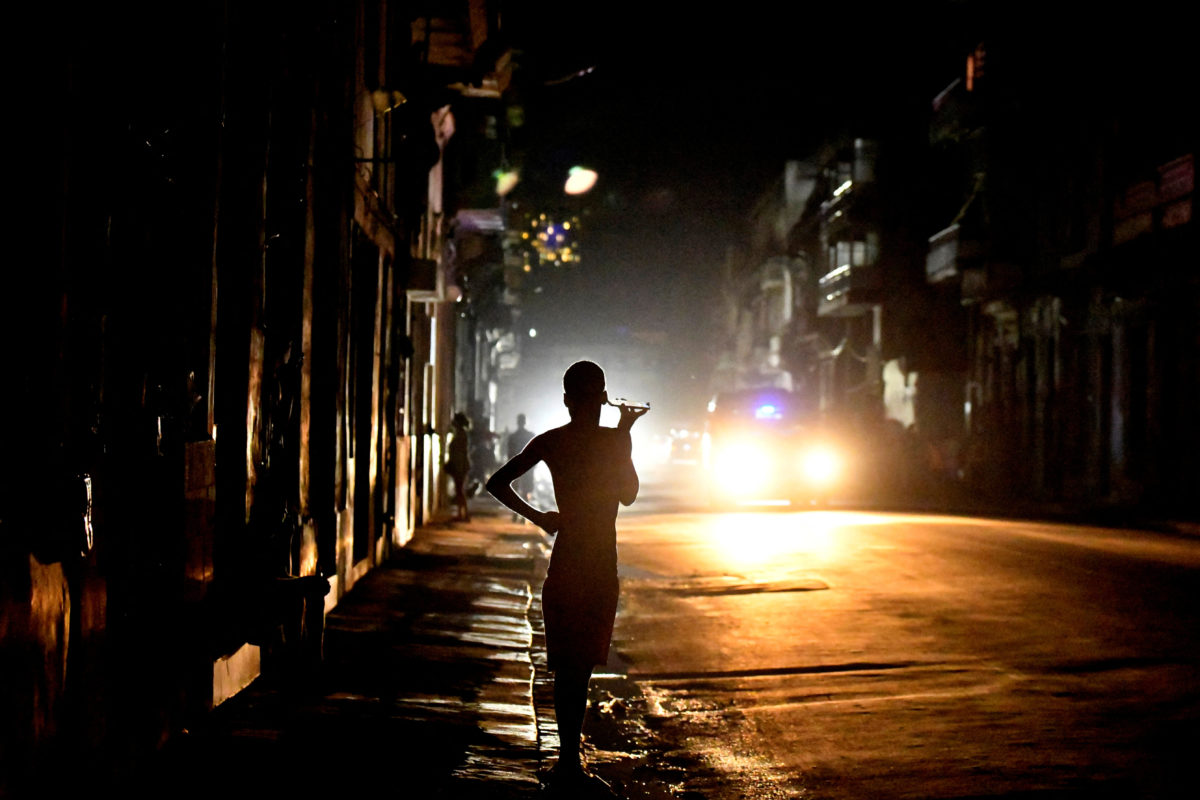





Cuba is grappling with severe power shortages that are significantly impacting its tourism industry and overall economy. Chronic power outages disrupt daily life in major tourist hubs like Havana, Santa Clara, and Trinidad, deterring potential visitors and frustrating those already on the island. The energy crisis has been compounded by U.S. sanctions, which have contributed to a decline in tourism to about half of pre-pandemic levels. Dr. Emily Morris attributes this sluggish recovery to the restrictions imposed by these sanctions, while Dr. Helen Yaffe highlights that the power shortages stem from restricted access to international credit and difficulties in fuel procurement. [94a56483]
In 2023, nearly one million Canadian tourists visited Cuba, making Canada a key market for the island's tourism. However, the ongoing blackouts have raised concerns about the reliability of services, prompting fears that tourism numbers may continue to decline. Lessner Gómez, a prominent figure in the industry, has emphasized that tourism is a priority for the Cuban economy, especially as the country seeks to recover from the dual impacts of the pandemic and the energy crisis. [004565fb]
Amid these challenges, a new luxury hotel, Selection La Habana, has recently opened in Havana, managed by Iberostar. Standing at 150 meters (490 feet), it is the tallest building in the city, featuring 542 luxury rooms. However, its construction has faced criticism due to the stark contrast it presents against the backdrop of Cuba's severe economic crisis and declining tourism, which saw only 2.2 million visitors in 2024, down from 4.2 million in 2019. Cuban economist Pedro Monreal has pointed out that investment in agriculture is 11 times lower than that in tourism, raising concerns about the government's priorities. [5ec5cd3b]
The Cuban government plans to build a dozen luxury hotels despite existing ones being underutilized, further highlighting the disparity in investment priorities. Architects have also criticized the hotel's design and its impact on the cityscape, questioning the decision to prioritize luxury accommodations over essential infrastructure improvements. [b99e1c0e]
Historian Jesús Arboleya describes the current moment as one of the hardest for the Cuban Revolution, with the tourism sector struggling to maintain its previous levels of activity. The anticipated influence of U.S. political figures, particularly Marco Rubio, on U.S.-Cuba relations raises concerns about the possibility of increased sanctions, which could further hinder tourism recovery efforts. Since the Obama administration, tourism numbers have halved, highlighting the fragility of this critical sector. [cc9c5c05]
Cuba's energy crisis is critical for its economic recovery, with severe fuel scarcity and outdated infrastructure leading to frequent blackouts. Notably, a nationwide blackout occurred in October 2024, plunging many areas into darkness. Fixing the grid is estimated to cost around $10 billion, and Cuba's economy is currently at its worst since 1993, worsened by the COVID-19 pandemic and complicated by the U.S. embargo that hinders infrastructure repairs. [d08790ab]
Cuba's geostrategic position is vital for Gulf of Mexico stability, and potential aid from countries like the U.S., Colombia, Mexico, Venezuela, Russia, and China could play a significant role in addressing the crisis. Mexico provided $700,000 in 2022 and 412,000 barrels of oil in response to outages, while Russia pledged $65 million for energy crisis support. Additionally, China is involved in renewable energy projects, and experts suggest that Cuba needs to shift to solar energy for long-term recovery. The Cuban government aims for renewable energy to make up 25% of its energy by 2030. [d08790ab]
Economist Ricardo Torres has questioned Cuba's investment strategy, suggesting that prioritizing tourism over necessary upgrades to energy infrastructure may be misguided. The ongoing energy crisis has not only affected tourism but has also paralyzed economic activity across various sectors, leading to widespread hardship among the population. As Cuba prepares for potential shifts in U.S. policy, the tourism industry remains on edge, bracing for the impact of both natural disasters and political changes. [cc9c5c05]
President Miguel Díaz-Canel has expressed a commitment to achieving energy independence and increasing solar power by 2030. However, projections indicate that Cuba's population may drop from 11 million to 9.4 million by 2050 due to the ongoing economic struggles. Despite these challenges, experts see little sign of an imminent internal collapse, although the economic hardships continue to weigh heavily on the Cuban populace. [94a56483]